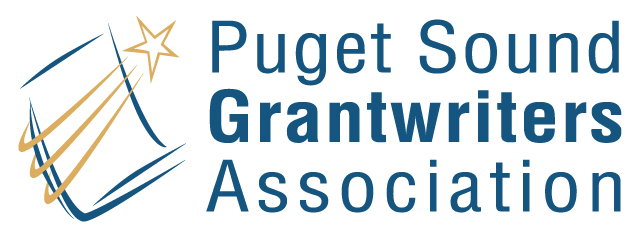Ethics are based on honesty, but when it comes to paying grantwriters, the issues can get more complicated.
Basic Ethics
Ethics in grantwriting is fairly simple. Be honest. Tell the truth, the whole truth, and nothing but the truth. This applies to both narratives and budgets.
If something major changes in your program or budget while you have a proposal pending or after the grant has been awarded, call the funder and tell them what has happened. Grantmakers always appreciate honesty, and will usually work with you to accommodate the change. If they don’t, it’s still better to tell the truth.
Commissions, Contingencies, and Percentage Fees
Fees for freelance grantwriters or consultants present a constant problem. At least once a week someone asks, “Can I hire a grantwriter (or agree to work for an organization) for a percentage of the grants awarded?” The answer, simply, is no. Commissions are considered unethical by almost all professional organizations and funders. They are also a bad idea for both organizations and grantwriters.
The Association of Fundraising Professionals states in its Code of Ethical Principles and Standards of Professional Practice: “Members shall not accept compensation that is based on a percentage of charitable contributions; nor shall they accept finder’s fees.” The Association of Fundraising Professionals Advancement Northwest says in its Statement of Ethics: “Members shall…receive compensation based on usual and customary compensation practices in the development field. Accept no compensation based on a percentage of fundraising goals.”
Grantmakers frown upon contingency fees, and many will not fund your organization if they find out you pay consultants on this basis. Funders seldom allow a grantwriter’s fee to be included in the program budget, and hiding the fee in another line would be dishonest. Ken Ristine of the Cheney Foundation writes:
“A funder’s main concern about fundraiser compensation lies in the answer to this question: what would charitable fund raising look like if it were a standard practice to pay fundraisers on commission? Public confidence and support of organizations would be undermined.”
“But how is that fair?” an organization may ask. “Why should we pay the grantwriter if we didn’t get the grant?”
Proposals succeed or fail for a number of reasons, most of which are out of the grantwriter’s control.
Among these are:
- The strength of the project: its feasibility, whether it meets a clear community need, and whether it has a well-planned budget.
- How well the project fits the funder’s interests.
- The non-profit’s reputation, track record, and financial history.
- Relationships: how well the funder knows and trusts the non-profit’s board and staff.
- Competition: how many other requests the funder has received, and from whom.
- Funds and Timing: how much money the funder has available in this cycle.
Finally, a key element is the quality and persuasiveness of the proposal. This is the part the grantwriter controls, and it is important. But even the most beautifully written proposal will fail if other factors are not in its favor.
“We’re a small organization, just starting out. How are we supposed to pay a grantwriter if we don’t have any money?”
If you don’t have any money, you’re not ready to apply for a grant. Grants should never be an organization’s first dollar. You need to raise funds from individuals first: people who believe in your organization and are willing to make a contribution to get you started. A good place to begin is your board.
Percentage fees are a bad deal for the grantwriter as well. Are you really willing to spend hours on a grant and not get paid for your time? You may spend ten hours writing a long, involved application for $2,500 to a county agency, and spend two hours writing a two-page request for $50,000 to a family foundation. Does it really make sense to earn $250 for the first and $5,000 for the second—or nothing, if the grant doesn’t succeed? Even if you don’t mind, such an arrangement is basically a kick-back, and therefore unethical.
For all these reasons and more, percentages and their ilk are a bad practice for freelance grantwriters. To preserve your reputation, whether you are an organization or a writer, stay away from them.
Goodwin Deacon
Founder, PSGA
An expanded version of this article was published by CharityChannel and the Journal of the American Association of Grants Professionals in August 2004.
